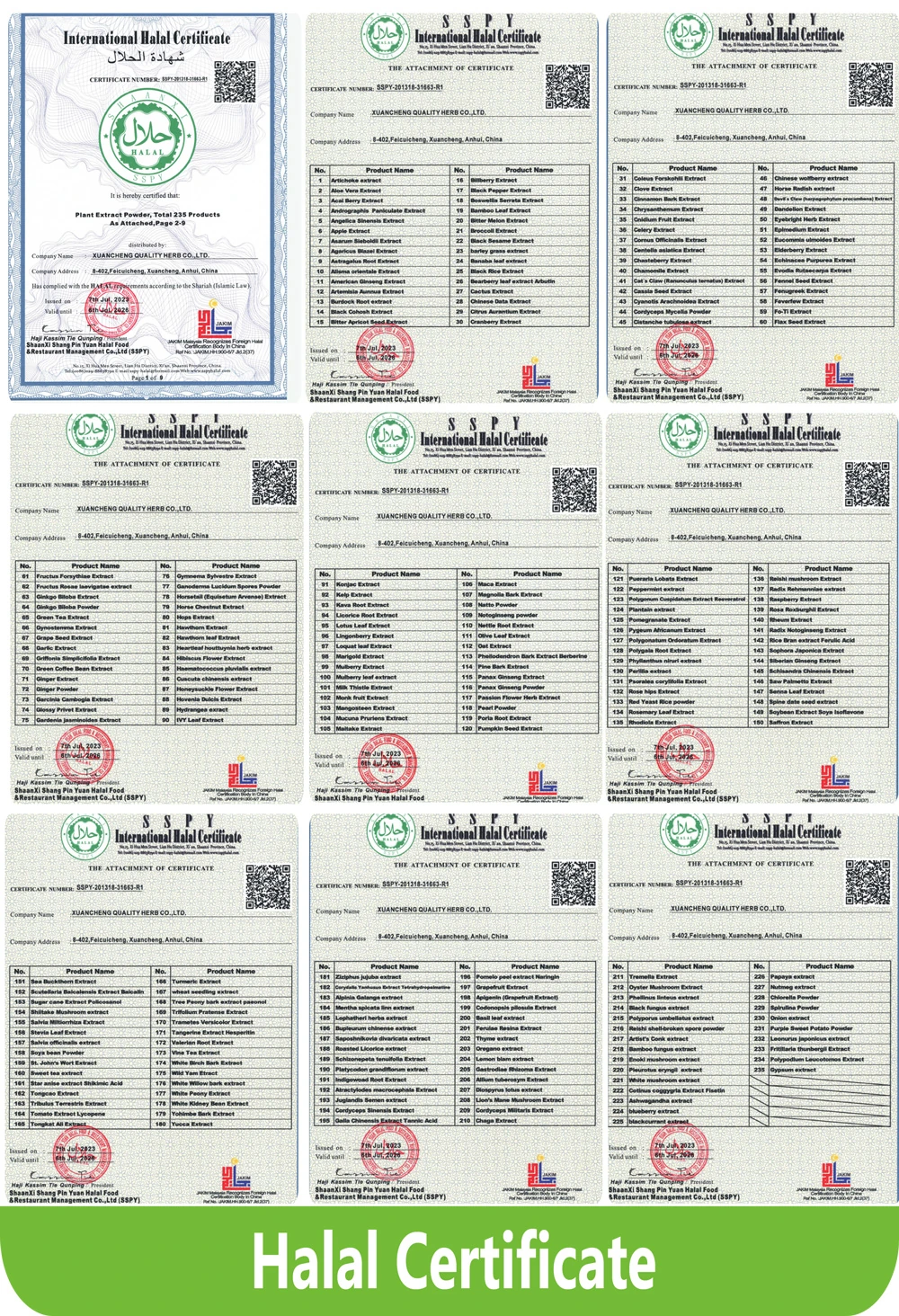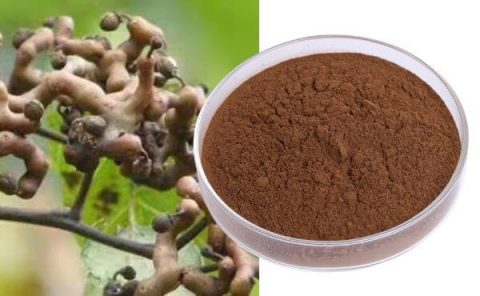
Hovenia dulcis extract is derived from the Hovenia dulcis tree, commonly known as the Japanese or oriental raisin tree. Native to East Asia, particularly China, Korea, and Japan, the tree’s fruit and seeds are traditionally used in medicine and as a food ingredient. The extract is known for its potential health benefits, particularly in liver health and detoxification. Here are some key points about Hovenia dulcis extract:
Key Components
Hovenia dulcis extract contains several bioactive compounds, including:
Dihydromyricetin (DHM): A flavonoid with potential liver-protective and anti-alcohol effects.
Ampelopsin: Another name for dihydromyricetin, often studied for its antioxidant properties.
Polysaccharides: Known for their immune-boosting effects.
Vitamins and Minerals: Including vitamin C and various B vitamins.
Hovenia dulcis extract
Latin Name: Hovenia acerba Lindl.
Other names: Japanese Raisin Tree Seed Extract, Semen Hoveniae Extract
Part Used: Fruit
CAS No.: 27200-12-0
Specification: 5:1 10%~30% polysaccharide UV
Appearance: fine brownish-yellow powder
Brief Introduction
Hovenia Dulcis, the oriental raisin tree, is a hardy tree found from Asia, over Eastern China and Korea, to the Himalayas(up to 2,000 m), growing preferably in a sunny position on moist sandy or loamy soils. The tree has been introduced as an ornamental tree in several countries, and the fruit is also edible.
The fleshy rachis of the infructescence is sweet, fragrant, and edible raw, or cooked. Dried, they look and taste like raisins. An extract of the seeds, bough, and young leaves can be used as a substitute for honey and for making wine and candy. An extract of the leave contains hodulcine, a glycoside that exhibits an anti-sweat activity. Ampelopsin is a flavanonol found in H. Dulcis and is credited with hepatoprotective effects. The timber is delicate and complex and used for construction and fine furniture.
Function
1. Anti-oxidation; Myricetin is an inhibitor of cyclooxygenase 1 (COX-1), cyclooxygenase 2 (COX-2), and 5-lipoxygenase (5-LOX);
2. anti-thrombus, anti-myocardia ischemia, improving the microcirculation and
prophylaxis of artery cirrhosis;
3. Adjusting cholesterol level; In vitro research suggests that myricetin in high concentration is capable of modifying LDL cholesterol in a manner that enhances its uptake by white blood cells;
4. Decreasing blood sugar; As a food additive for people with diabetes;
5. Protecting liver;
6. Anti-inflammation and anti-infection;
7. Acting as a matrix metalloproteinase inhibitor, Prevent and treat cardiovascular disease and tumors.









